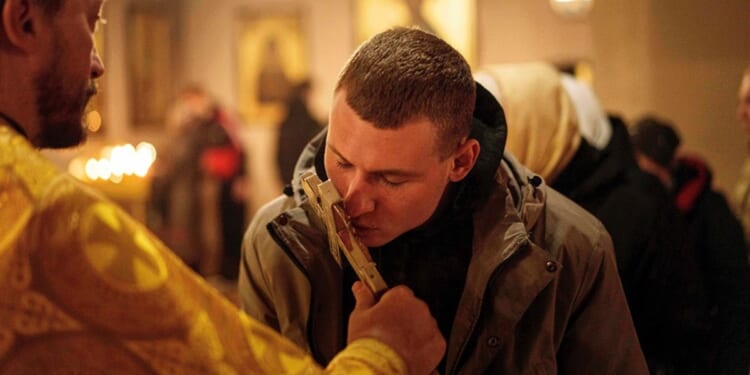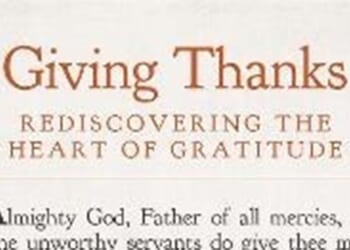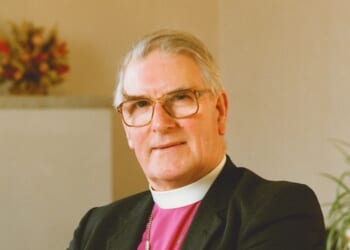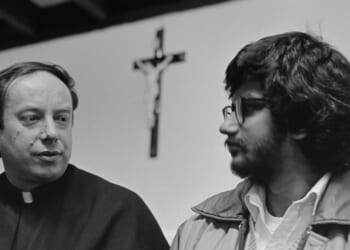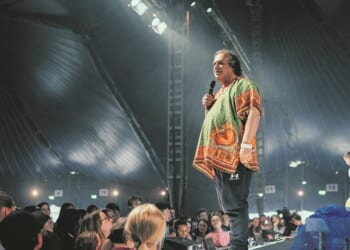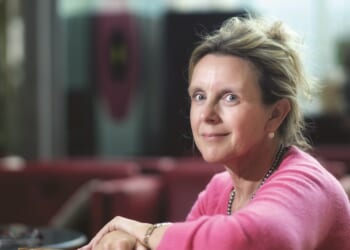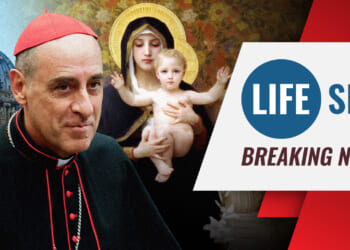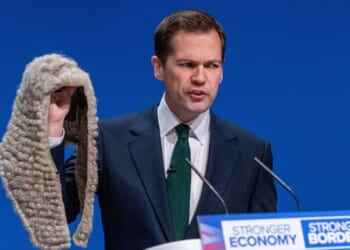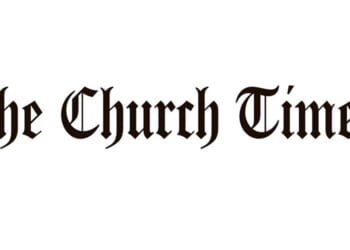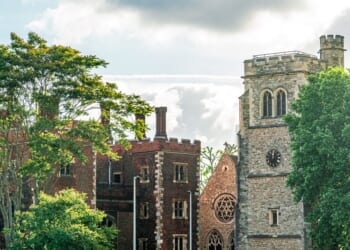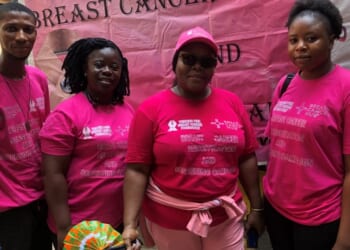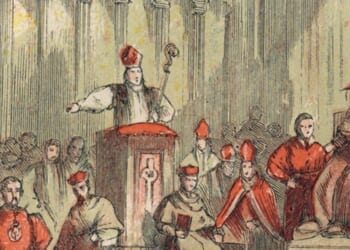A 28-POINT peace plan for Ukraine, backed by President Trump and presented to President Zelensky after its contents were leaked online, has prompted European leaders and Kyiv to develop a counter-proposal that scales back Russia’s hardline demands.
The original US-backed plan, designed by President Trump’s adviser Steve Witkoff and Vladimir Putin’s envoy Kirill Dimitriev, to end the war, is believed to have Russian support. It closely mirrors several of Moscow’s key demands, including the ceding of Ukrainian territory that is not yet occupied, a ban on joining NATO, and a significant reduction of Ukraine’s armed forces.
But both proposals include the same provision guaranteeing freedom of religion in Ukraine, which is expected to “adopt EU rules on religious tolerance” to protect minorities, Sky News reports.
Moscow has insisted that the Ukrainian Orthodox Church faces persecution by the authorities in Kyiv, and it has considered the treatment of this Church, historically linked to Russia, as among the “root causes of the conflict”.
Reacting to Trump’s peace-plan proposal last week, the Vatican Secretary of State, Pietro Parolin, stated that the negotiations “will be an uphill battle”, and urged European involvement, Vatican News reported.
Speaking to journalists after a mass in Rome commemorating the victims of the Holodomor famine (1932-33) that killed millions of Ukrainians and was caused by Stalin’s agricultural policies, the Cardinal said that peace in Ukraine could be reached “if both sides are somewhat satisfied with the compromise, because in the end a compromise will have to be made”.
In Ukraine, the anniversary prompted calls for unity from religious leaders. The Primate of the independent Orthodox Church of Ukraine (OCU), Metropolitan Epifaniy, urged Ukrainians to let the memory of the Holodomor’s innocently tortured strengthen their unity “to withstand the crimes of the current Kremlin regime”.
In a post on social media, he wrote: “We need the memory of our people who were murdered by hunger not only to express regret and sympathy for the millions of victims . . . but also to realise: the war of that time against the Ukrainian people by the Kremlin’s tyranny has not ended, it continues and is still killing.”
Over the weekend, fresh negotiations between the US and Ukraine delegations were held in Geneva. The US Secretary of State, Marco Rubio, who headed the American delegation, said there had been a “tremendous amount of progress”.
As the talks continued, reports emerged on Monday of Russian drone attacks on the Ukrainian city of Kharkiv the previous night, damaging three residential buildings, leaving four people killed and more than a dozen wounded.
Considering the fast-moving situation, Major Archbishop Sviatoslav (Shevchuk), of the Ukrainian Greek Catholic Church, warned of ongoing internal and external pressures.
“These days, having the opportunity to communicate with the top officials, with our politicians, public figures, our soldiers and ordinary people, it feels that today Ukraine is in great anxiety. And that anxiety is only growing,” he said.
In a sermon on Sunday, he called for “national unity”: his countrymen should “act as one single organism in the name of victory over [the] enemy”, he said.

